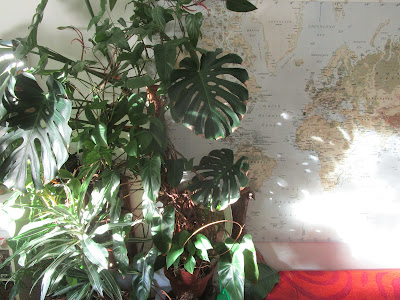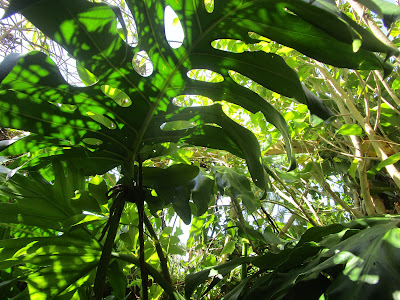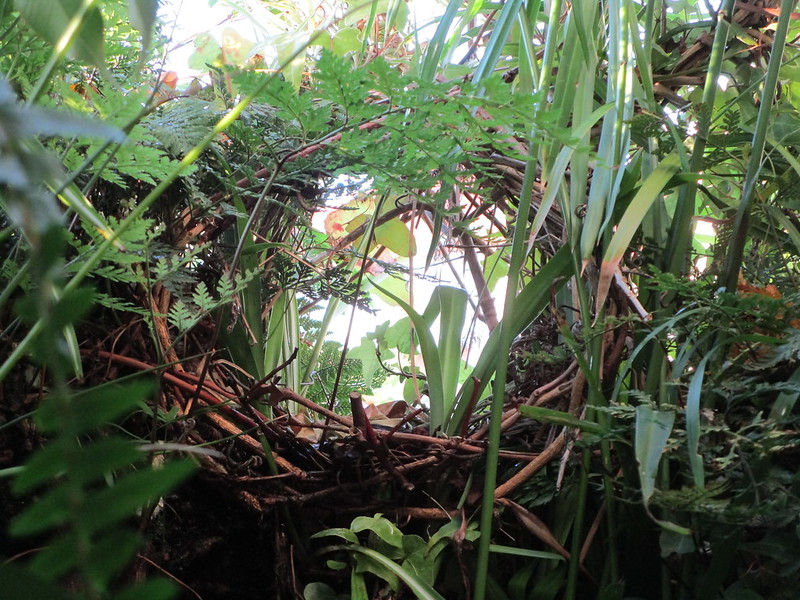
As earthling, living in Portugal, I can´t imagine what Ukraine beings are going through in these hours, or what it must feel for Russian beings, having someone decide in their name to commit such an atrocity, so contrary to human species default to protect, care and blossom. Amidst another much bigger war of infinite greed, we add the greed for more territory, more resources, more terror, more power. Enough should be enough to concentrate on the habitability of the finitude of our Planet.
What is happening is an aberration, an abnormality of the system, a hideous crime against us all. The system must be corrected. We are all encoded to be kind by default (*). We need to remind ourselves that what makes vibrant communities is respect, communion, sharing, and a lot of love for the extra energy to transcend ourselves (and endure in the most difficult of times).
(*) Be alert for manipulation! We have been manipulated throughout history to believe that greed is our nature. It is not. More about it in Rutger Bregman (2021). Humankind: A Hopeful History.











